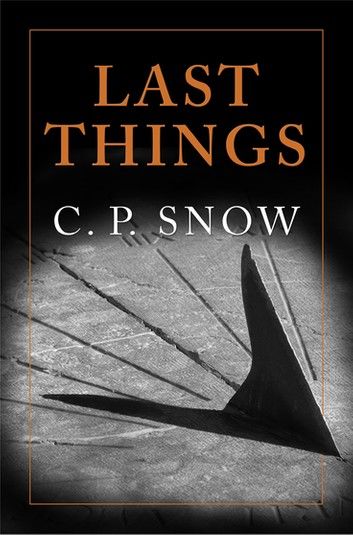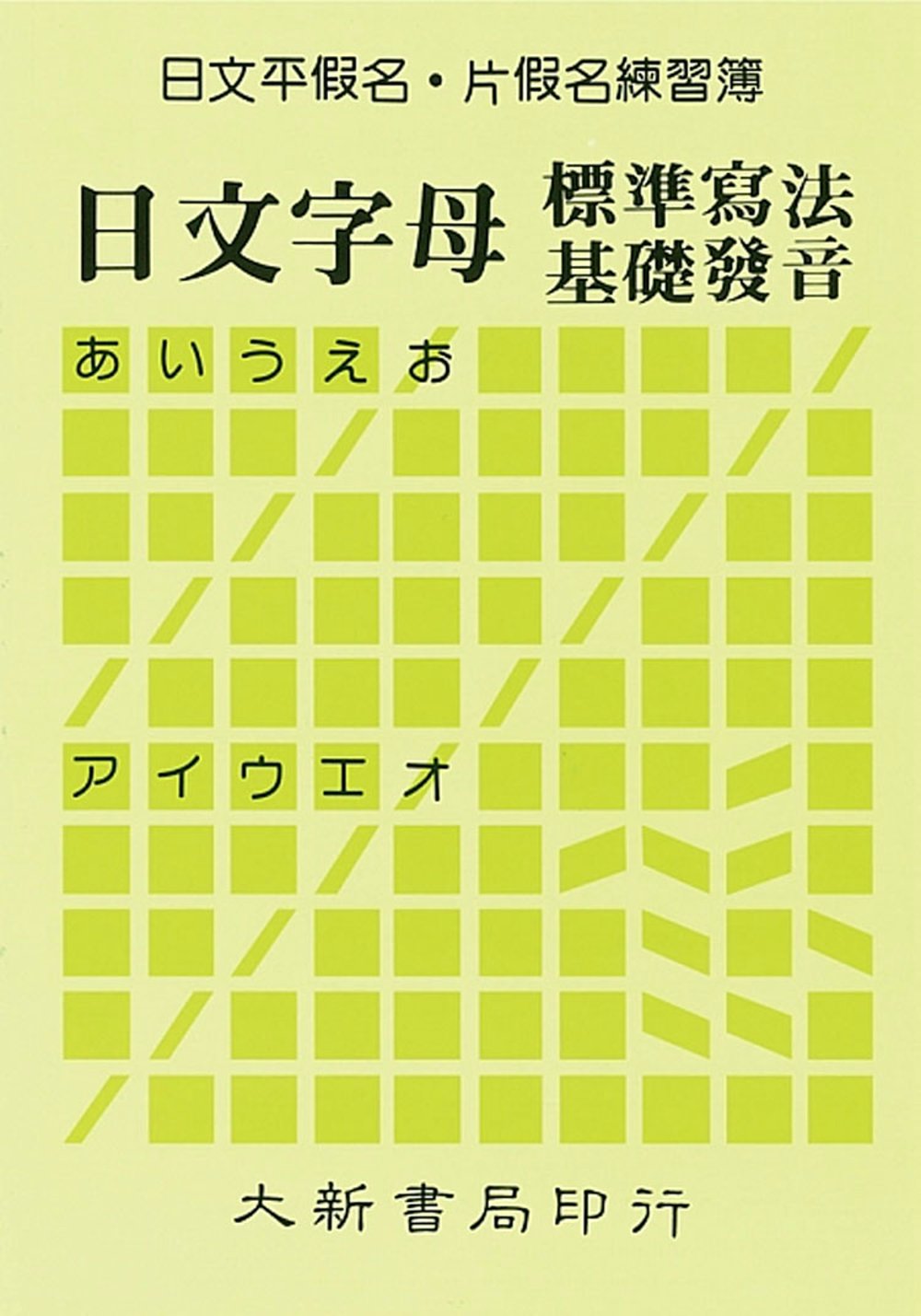| FindBook |
有 1 項符合
Last Things的圖書 |
 |
Last Things 作者:C. P. Snow 出版社:Pan Macmillan 出版日期:2018-02-22 語言:英文 |
| 圖書館借閱 |
| 國家圖書館 | 全國圖書書目資訊網 | 國立公共資訊圖書館 | 電子書服務平台 | MetaCat 跨館整合查詢 |
| 臺北市立圖書館 | 新北市立圖書館 | 基隆市公共圖書館 | 桃園市立圖書館 | 新竹縣公共圖書館 |
| 苗栗縣立圖書館 | 臺中市立圖書館 | 彰化縣公共圖書館 | 南投縣文化局 | 雲林縣公共圖書館 |
| 嘉義縣圖書館 | 臺南市立圖書館 | 高雄市立圖書館 | 屏東縣公共圖書館 | 宜蘭縣公共圖書館 |
| 花蓮縣文化局 | 臺東縣文化處 |
|
|
The world of Sir Lewis Eliot draws to a close in Last Things, the eleventh and final novel in C. P. Snow’s decade-spanning Strangers and Brothers sequence.
After his heart stops briefly on the operating table, Sir Lewis is compelled to reflect on his life, to pass judgement on his hopes and achievements, and to prepare his brilliant and beloved son, Charles, for the future.
Thoughtful and elegiac, but ultimately suffused with optimism, Last Things is a fitting conclusion to a cycle of novels distinguished by their humane reflection and willingness to portray the lives of men – great and small – with unfailing insight and compassion.
A meticulous study of the public issues and private problems of post-war Britain, C. P. Snow’s Strangers and Brothers sequence is a towering achievement that stands alongside Anthony Powell’s A Dance to the Music of Time as one of the great romans-fleuves of the twentieth century.
Praise for the Strangers and Brothers sequence
“Together, the sequence presents a vivid portrait of British academic, political and public life. Snow was that rare thing, a scientist and novelist.” Jeffrey Archer, Guardian
“Balzacian masterpieces of the age” Philip Hensher, Telegraph
“Through [the Strangers and Brothers sequence] as in no other work in our time we have explored the inner life of the new classless class that is the 20th century Establishment” New York Times
“A very considerable achievement … It brings into the novel themes and locales never seen before (except perhaps in Trollope).” Anthony Burgess
“The most comprehensive, the most informative and, all in all, the most impressive portrait of modern England that any novelist has yet given us.” Michael Millgate, Commentary
|











